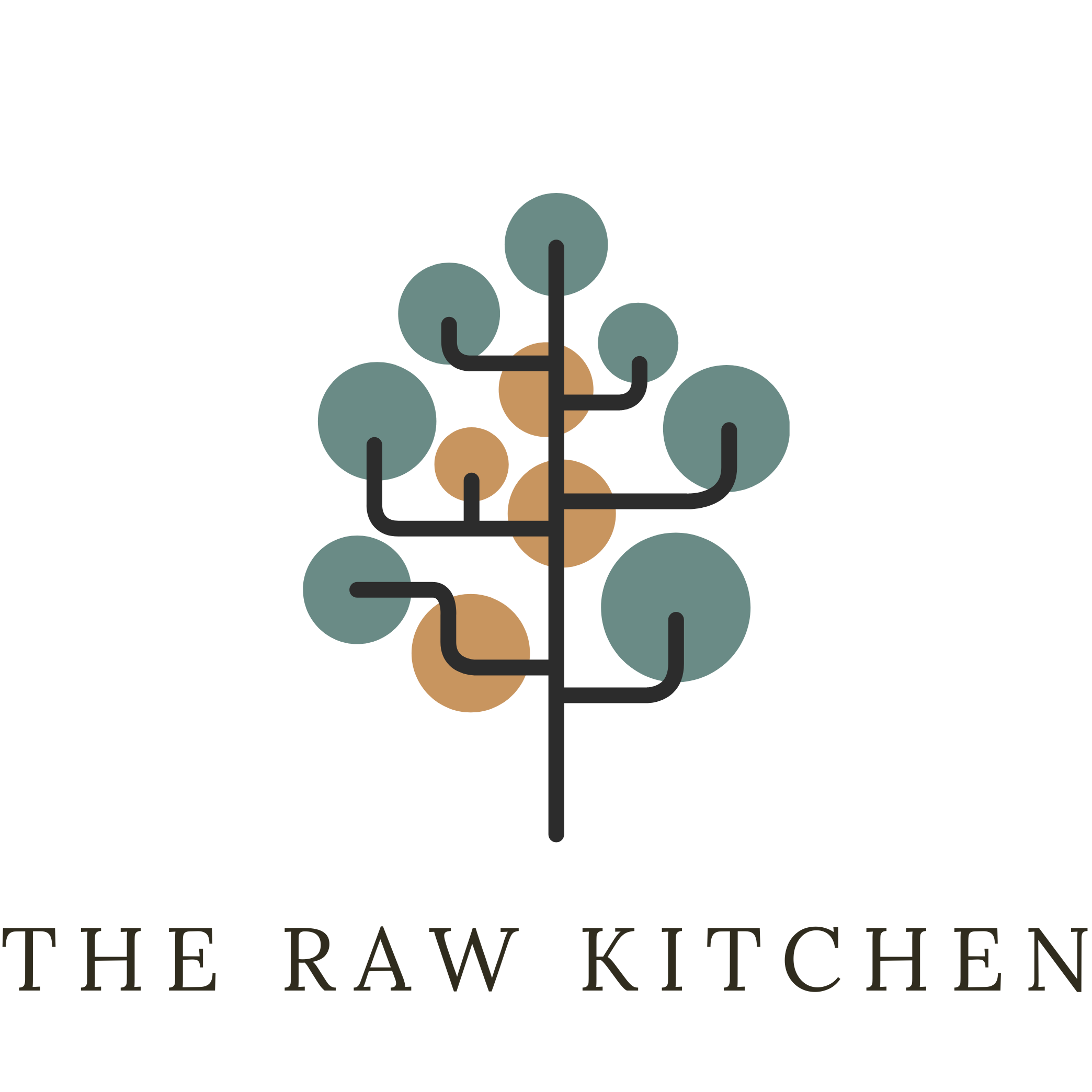
The Role of Magnesium in Stress Management
Magnesium is often referred to as the "relaxation mineral" due to its crucial role in supporting the nervous system and helping the body manage stress naturally. This essential mineral influences mood, sleep quality, and the body's stress response, making it a vital component of overall mental and physical well-being.
How Magnesium Helps in Stress Management
1. Regulates the Nervous System
Magnesium plays a key role in neurotransmitter regulation, which influences brain function and emotional balance. It helps modulate the parasympathetic nervous system—the part of the nervous system responsible for calming the body.
- Supports GABA Production: Magnesium enhances the activity of gamma-aminobutyric acid (GABA), a neurotransmitter that promotes relaxation and reduces anxiety.
- Balances Brain Chemistry: By keeping neurotransmitters in check, magnesium helps prevent mood fluctuations and stress overload.
2. Supports Cortisol Regulation
Cortisol, commonly known as the "stress hormone", is released by the adrenal glands in response to stressful situations. While cortisol is necessary for survival, chronic stress can lead to elevated cortisol levels, contributing to:
✅ Increased anxiety and mood swings
✅ Fatigue and adrenal exhaustion
✅ Weight gain and hormonal imbalances
Magnesium helps regulate cortisol levels, ensuring that the body does not remain in a constant state of stress. This balance is essential for maintaining mental clarity and emotional resilience.
3. Improves Sleep Quality
Poor sleep is both a cause and consequence of stress, creating a vicious cycle that affects both mental and physical well-being. Magnesium helps promote deep, restorative sleep in several ways:
🌙 Regulates Melatonin: Magnesium helps control the production of melatonin, the hormone responsible for the sleep-wake cycle.
🌙 Supports GABA Activity: By enhancing GABA production, magnesium quiets the brain, reducing racing thoughts and restlessness before bed.
🌙 Eases Muscle Tension: Magnesium has natural muscle-relaxing properties, making it easier to unwind and fall asleep naturally.
4. Reduces Inflammation
Chronic stress is closely linked to inflammation, which can worsen mental and physical health conditions. Magnesium acts as a natural anti-inflammatory, helping to lower inflammatory markers in the body.
🔥 Relieves muscle tension and headaches
🔥 Supports gut health and digestion
🔥 Reduces the impact of oxidative stress
By reducing inflammation, magnesium helps alleviate physical symptoms of stress, allowing the body to function optimally.
Signs of Magnesium Deficiency
A lack of magnesium can make it difficult for the body to cope with stress effectively. Common signs of magnesium deficiency include:
⚠ Anxiety or nervousness
⚠ Difficulty sleeping or insomnia
⚠ Fatigue and low energy
⚠ Muscle cramps or tightness
⚠ Frequent headaches or migraines
If you experience these symptoms regularly, you may not be getting enough magnesium in your diet.
How to Increase Magnesium Intake
1. Magnesium-Rich Foods
Eating a balanced diet rich in magnesium-rich foods is one of the best ways to support stress resilience. Some of the top food sources of magnesium include:
🥬 Leafy greens – Spinach, kale, Swiss chard
🥜 Nuts and seeds – Almonds, pumpkin seeds, sunflower seeds
🌾 Whole grains – Brown rice, quinoa, oats
🍛 Legumes – Black beans, chickpeas, lentils
🥑 Avocados – Rich in healthy fats and magnesium
🍫 Dark chocolate (at least 70% cocoa) – A delicious magnesium boost!
2. Magnesium Supplements
If you struggle to get enough magnesium from your diet, magnesium supplements can be a convenient option. Some of the most effective forms include:
💊 Magnesium citrate – Supports digestion and absorption
💊 Magnesium glycinate – Known for its calming effects and high bioavailability
💊 Magnesium oxide – A common form found in multivitamins
⚠ Tip: Always consult a healthcare professional before starting a magnesium supplement, especially if you have any existing health conditions.
3. Topical Magnesium
Magnesium can also be absorbed through the skin, making topical applications an excellent way to relieve stress and muscle tension.
🛁 Magnesium baths – Add Epsom salts to warm bath water for deep relaxation
🧴 Magnesium creams and sprays – Apply to sore muscles for instant relief
This method is particularly useful for athletes, individuals with muscle cramps, or those who struggle with digestive absorption issues.
Final Thoughts
Magnesium plays a critical role in stress management by supporting nervous system function, regulating cortisol, improving sleep, and reducing inflammation. Whether you choose to increase magnesium intake through diet, supplements, or topical applications, this powerful mineral can help enhance your body’s natural ability to cope with stress.
By making small changes to your daily routine—such as eating more magnesium-rich foods or using magnesium baths for relaxation—you can build resilience against stress and support your mental and physical well-being.



Leave a comment
This site is protected by hCaptcha and the hCaptcha Privacy Policy and Terms of Service apply.